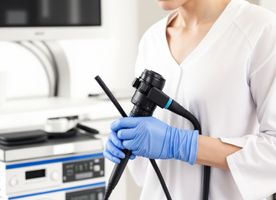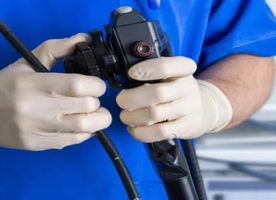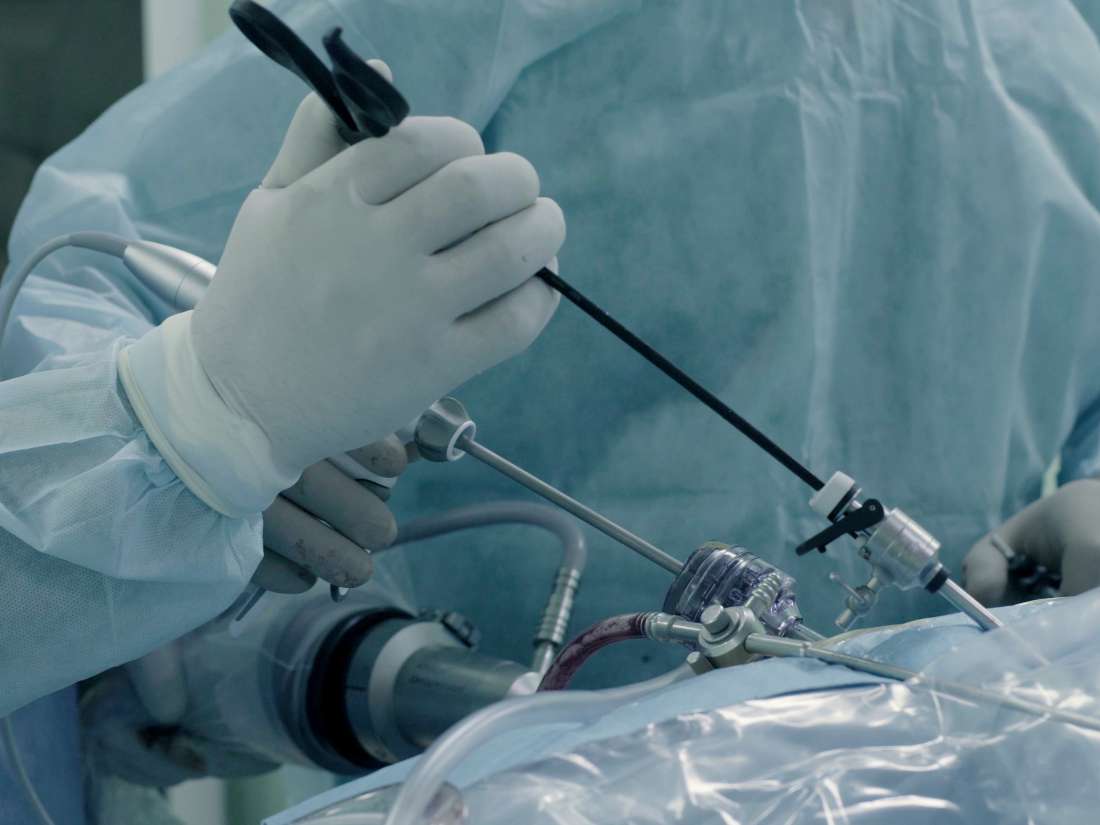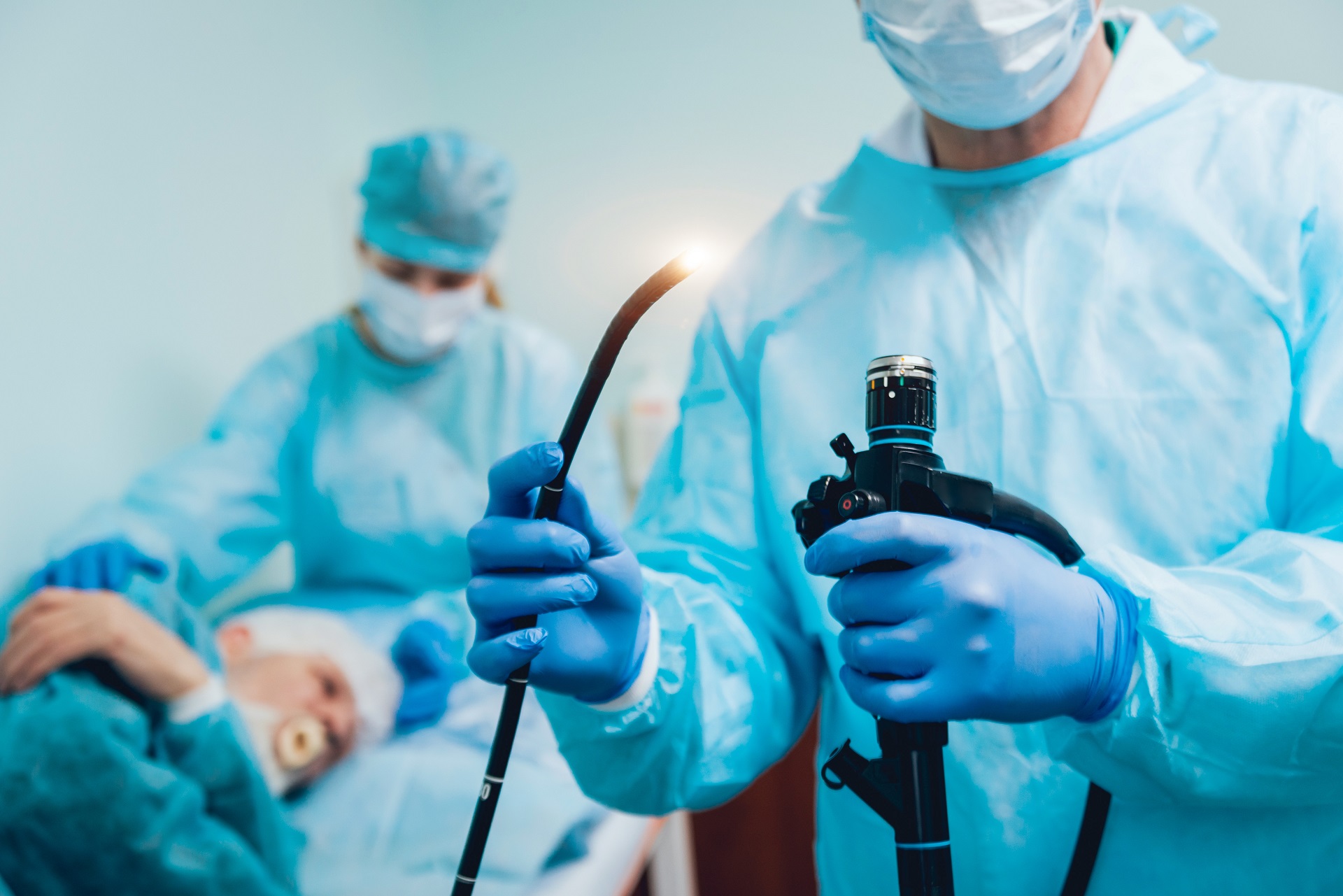Hysteroscopy in Wismarsche Str
Search and Compare the Best Clinics and Doctors at the Lowest Prices for Hysteroscopy in Wismarsche Str













































































































































No Time?
Tell us what you're looking for and we'll reach out to the top clinics all at once
What does a Hysteroscopy Procedure Involve?
Hysteroscopy can be performed under local anaesthetic and sedative, but it can also be done under general anaesthetic. Medication or tools called dilators are used to help open your cervix to allow the hysteroscope to be inserted. Then, a liquid solution or carbon dioxide gas is inserted through the hysteroscope into the uterus to clear away any blood or mucus and expand it, which will give your doctor a clear view of its lining. If surgery needs to be performed, the surgeon may do it during the procedure using tiny surgical instruments that are inserted through the hysteroscope.
How Long Should I Stay in Wismarsche Str for a Hysteroscopy Procedure?
You may be able to leave the hospital several hours after the procedure. However, it is recommended to stay in Wismarsche Str for around 2 to 3 days, especially if you had treatment during the procedure or if you received general anaesthetic as you will need to allow your body to rest for several days.
What's the Recovery Time for Hysteroscopy Procedures in Wismarsche Str?
Most women are able to get back to work as well as their normal activities the day after the procedure. But, you may want to rest for a few days if a general anaesthetic was used or treatment was performed during your hysteroscopy. Note that you need to avoid sex for around 2 weeks after the procedure.
What sort of Aftercare is Required for Hysteroscopy Procedures in Wismarsche Str?
You may experience cramping and bleeding, but you can take pain medication and wear pads to deal with this. If the result of your hysteroscopy shows any disease or abnormalities, you may want to schedule a follow-up appointment with your doctor in Wismarsche Str or with your local doctor at home to discuss a treatment plan.
What's the Success Rate of Hysteroscopy Procedures in Wismarsche Str?
Hysteroscopy is a highly successful and effective procedure to examine your uterus and cervix. Nonetheless, there is still a small chance that the result is inaccurate, but it is very rare. Also, there are some side effects and complications to be aware of, including infection, tearing or damage to the cervix, damage to nearby organs, pelvic inflammatory disease, problems with gas or fluid from the uterus, and problems with the anaesthetic.
Are there Alternatives to Hysteroscopy Procedures in Wismarsche Str?
The alternatives to hysteroscopy are pelvic ultrasound and endometrial biopsy. These procedures can be performed alongside a hysteroscopy, but they do not provide as much information as a hysteroscopy.
This information has been accurately sourced and verified by a medical professional for its accuracy, however, we strongly recommend you to consult with your doctor before pursuing medical procedures overseas.










